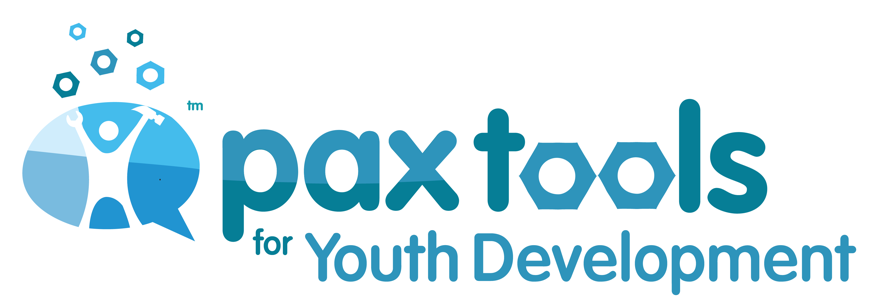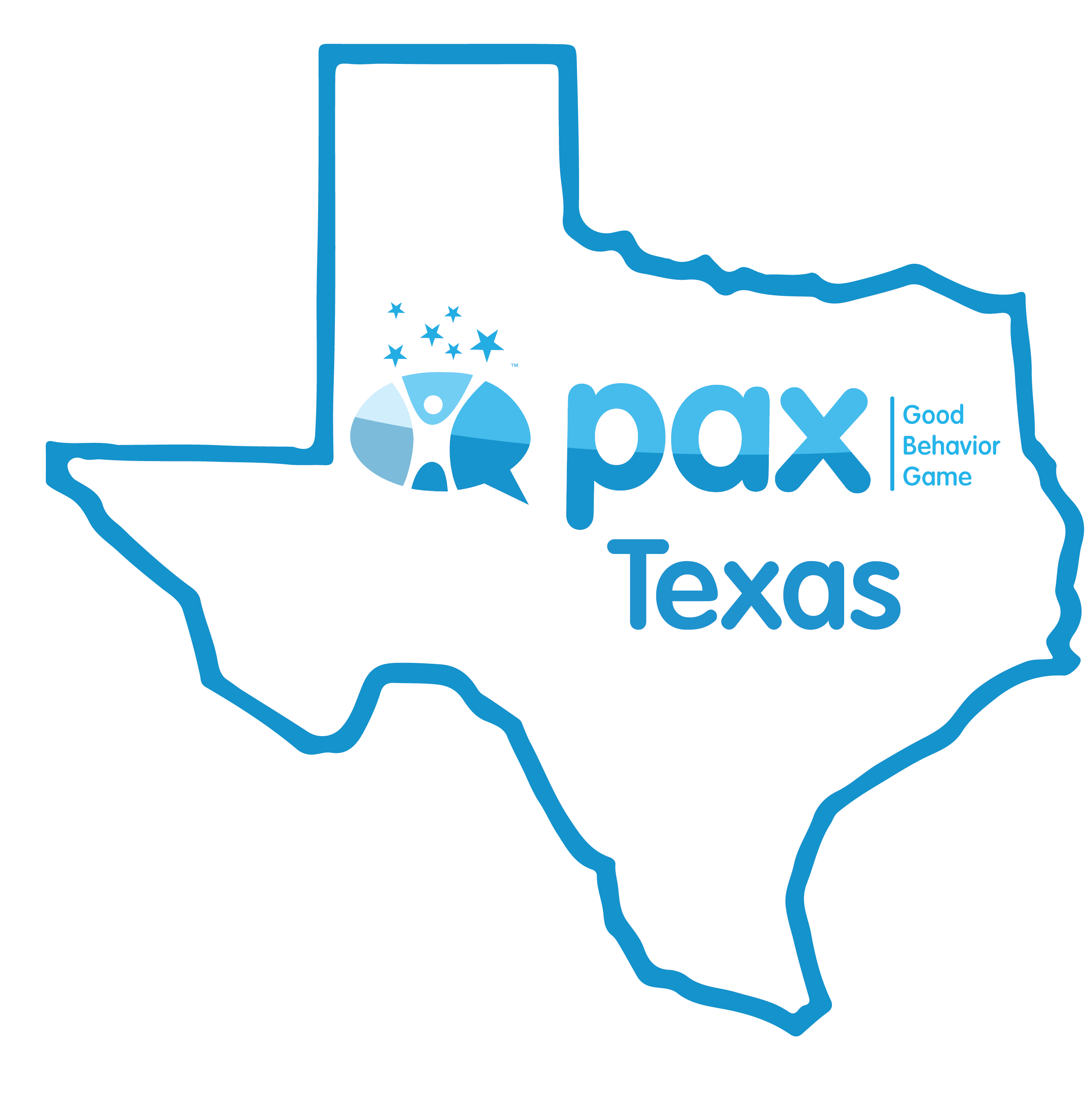
PAX Tools for Youth Development
PAX Tools for Youth Development
Program Description
PAX Tools for Youth Development is a collection of trauma-informed evidence-based behavioral strategies for adults who work with young people in an out-of-school time setting. These strategies promote the development of self-regulation in young people, reduce conflict between young people and adults, and improve relationships. Professionals who attend training will receive all the strategies and materials they need to use PAX Tools with the young people they work with right away.
This training consists of 6 content hours during which participants learn to implement trauma-informed, evidence-based strategies to facilitate the work they do with young people every day. Participants receive all materials needed to implement PAX Tools with the children they serve.
This training is appropriate for managers, directors, and full-time staff serving in one of the following fields:
- Out-of-School Time/After School Programs
- Youth Development/ Youth Leadership
- Youth Activities Coordination
- Summer & Day Camp Leadership
- And MORE
PAX Tools for Youth Development Training
This training is for Managers, Directors, and full-time staff serving in one of the following fields:
Out-of-School Time, Youth Development, Youth Activities Coordination, Summer & Day Camp Leadership.


Funding made possible (in part) by grant award number H79TI085747 from the Substance Abuse and Mental Health Services Administration and with the support of The Texas Health and Human Services Commission. The views expressed in training materials, publications and by speakers and moderators do not necessarily reflect the official policies of the Department of Health and Human Services or Texas Health and Human Services Commission; nor does mention of trade names, commercial practices, or organizations imply endorsement by the U.S. or Texas Government.
